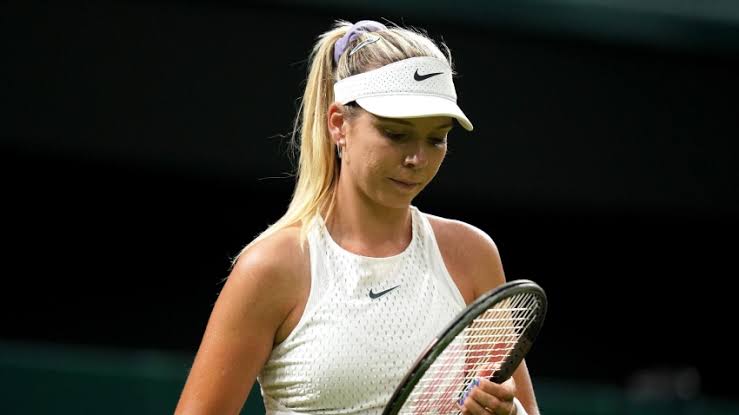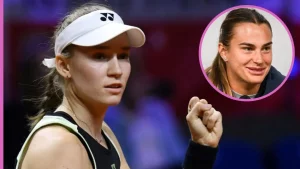
It appears there is some disappointment among tennis fans regarding Wimbledon’s recent promotional campaign. The buzz centers around the notable absence of Elena Rybakina, the reigning Wimbledon champion, from the promotional materials. This has sparked frustration, as many believe Rybakina’s omission is both surprising and unjust given her significant recent achievements.
Rybakina’s exclusion from the promotional content contrasts sharply with the attention given to other players such as Naomi Osaka and Frances Tiafoe. While Osaka and Tiafoe are prominent figures in the sport, Rybakina’s exclusion raises questions about the criteria used for promotional selection. For fans and analysts alike, this seems particularly egregious since Rybakina’s triumph at Wimbledon just over a year ago was a defining moment of her career and a significant highlight for the tournament.
The ultimate issue here lies in the perceived oversight of a champion who has made substantial contributions to the sport. It is not just about representation; it’s about acknowledging and celebrating recent successes in a manner that reflects their importance. The promotion of a global sporting event like Wimbledon should ideally include all key figures who have made impactful contributions, particularly those who have achieved major victories.
This situation offers an opportunity to delve deeper into the processes behind promotional decisions and the criteria used for highlighting certain players over others. As fans voice their concerns, it underscores the broader conversation about fairness and recognition in sports marketing. For Rybakina’s supporters, this oversight might feel like a slight against her accomplishments, reinforcing the need for more inclusive and balanced promotional practices in the future.


